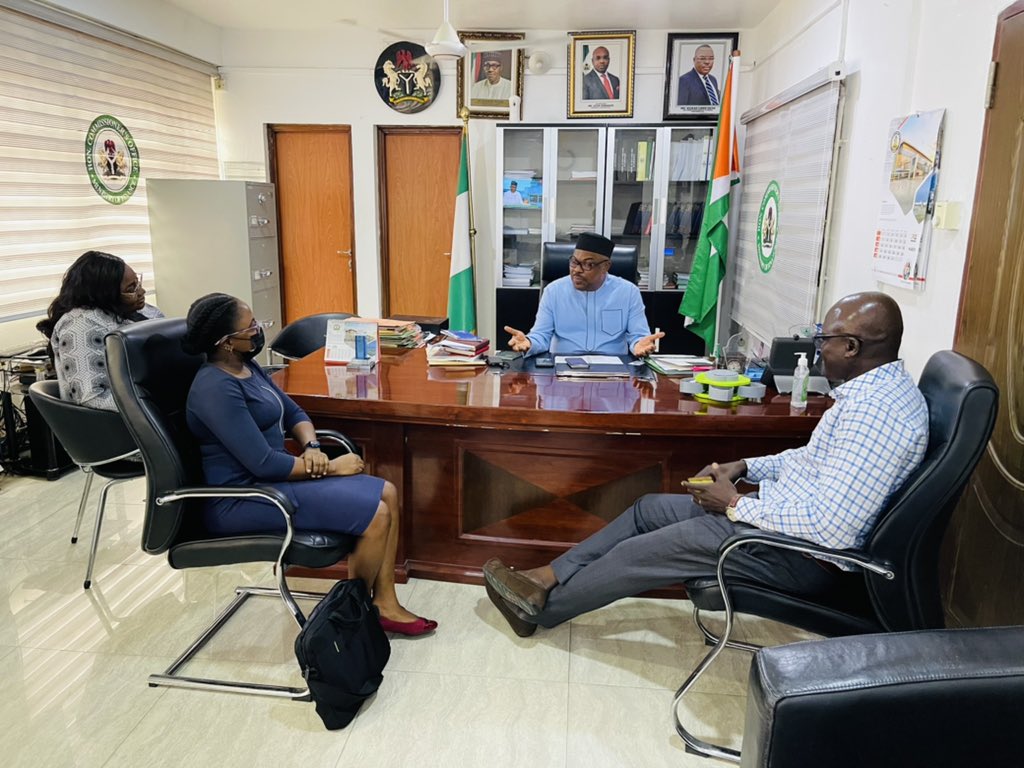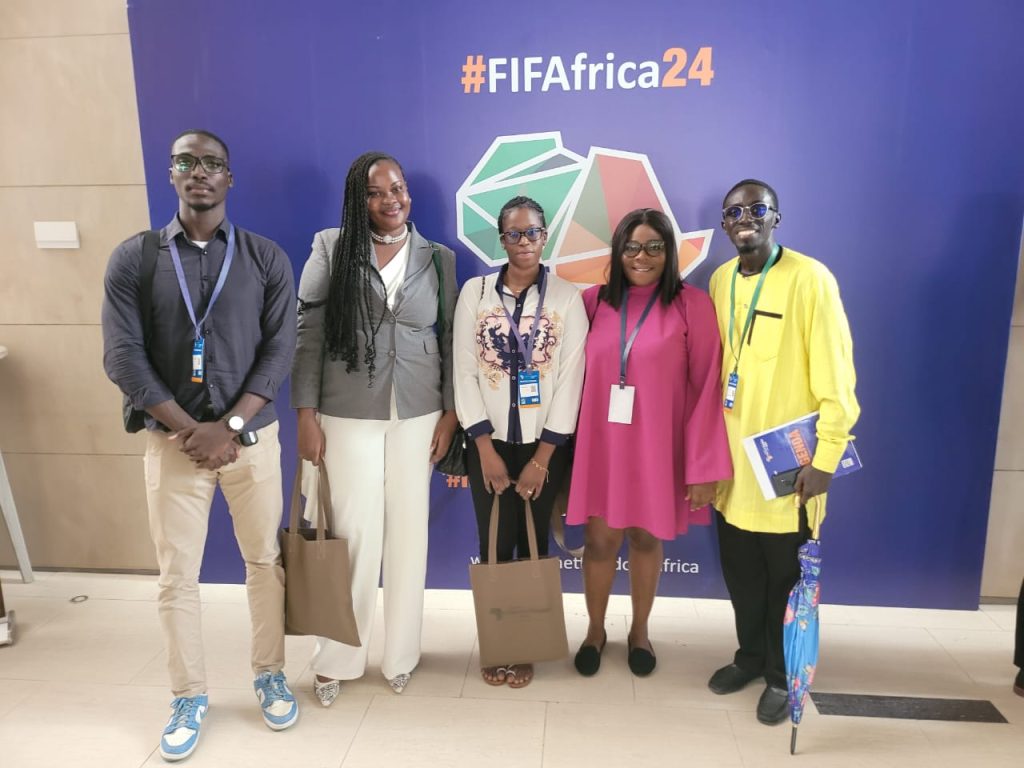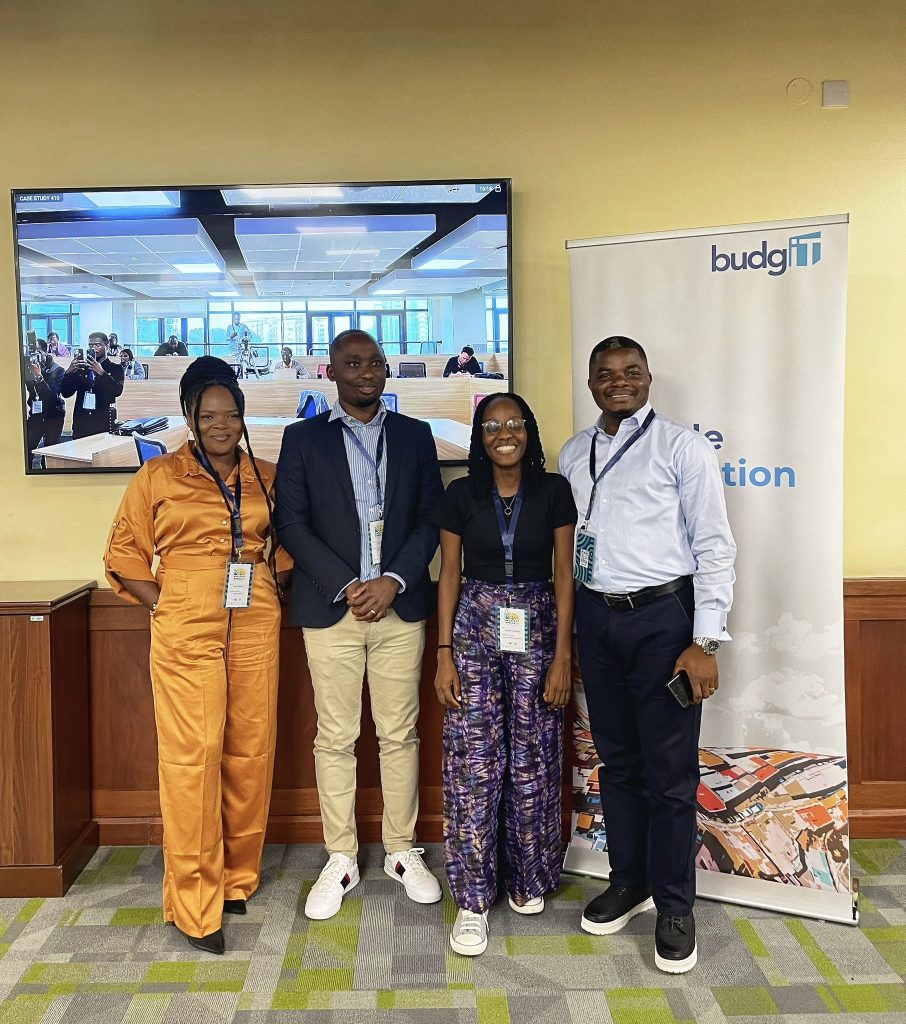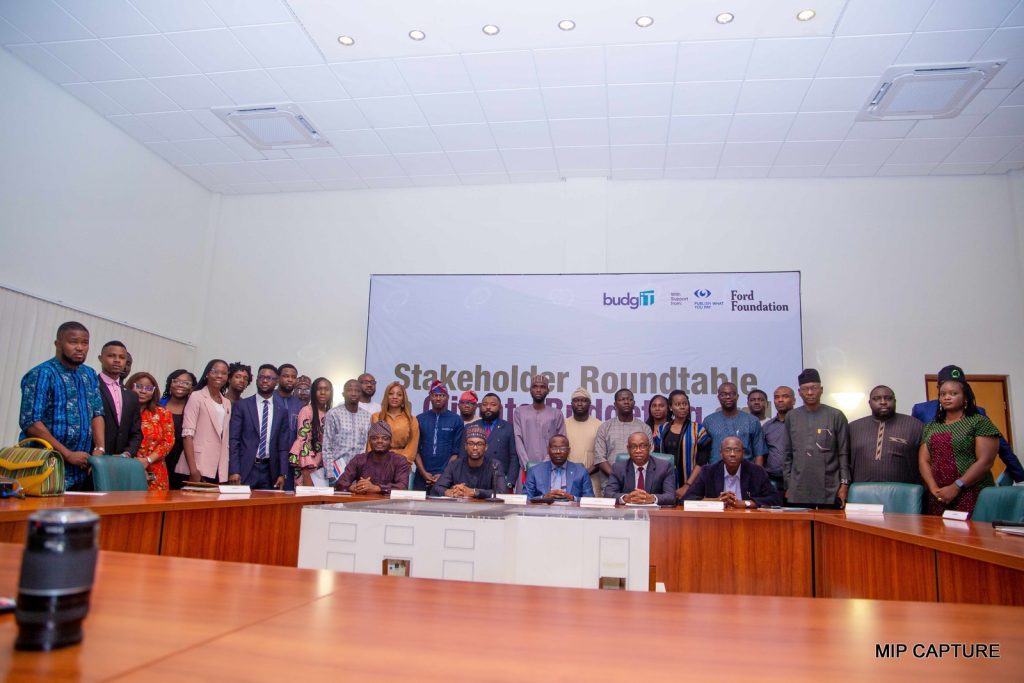“The issue of checks and balances in governance is pertinent to building a sustainable democracy in Nigeria. ” – Nsikan Linus Nkan, Commissioner for Finance, Akwa Ibom.
Imagine a society where all government activities are transparent, and citizens can demand accountability from their leaders.
At BudgIT, one of our core objectives is to ensure citizens’ involvement in governance. It is not enough to point fingers. Citizens need to be aware of real-time government expenditure and revenue processes, and the government’s involvement in Open Contracting is key to making this happen. Open contracting and transparency in public procurement have proven cost-effective and broaden competition amongst potential contractors. In addition, it reinforces the government’s commitment to combating corruption, understanding and improving their financial positions, creating fairer and more accessible markets, and collaborating with civil society organisations to monitor public services more effectively.
With support from Oxfam, BudgIT conducted desk research on Open Contracting at the subnational levels in 2021 using the World Bank’s SFTAS framework. The study focused on five states – Akwa Ibom, Delta, Cross River, Imo, and Rivers. The research showed that all but Rivers have complied with the public procurement law but still lags in publishing contract awards online (open contracting). As a result, we began advocating for state governments to adopt open contracting through the Open Government Partnership. This multilateral initiative aims to secure concrete commitments from national and sub-national governments to promote open government, empower citizens, fight corruption, and harness new technologies to strengthen governance.
During our advocacy visit to Akwa Ibom, we realised that citizens do not have access to the information on contractors under the state payroll. To this end, BudgIT, in collaboration with Policy Alert and with support from Oxfam, paid an advocacy visit to the Executive Secretary, Akwa Ibom State Bureau of Public Procurement and Commissioner for Finance, as part of engagements for the adoption of the Open Government Partnership at the subnational level.
In the meeting, the Executive Director, Policy Alert, Tijah Bolton-Akpan, defined the intersectionality between the agency and open contracting reforms to improve service delivery, transparency, and accountability of state institutions. According to him, the Bureau’s function is at the centre of the fiscal reforms that Civil Society Organizations advocate for the government to adopt.
“The efforts of the Akwa Ibom state government are commendable. There have been tremendous improvements in the State’s budgetary process; however, these changes are not completed. One of the things that can help the Public Procurement Reform become a main-stay in Akwa Ibom is when the State Government signs into the Open Government Partnership.” Bolton-Akpan said.
Bolton-Akpan also assured that the OGP would provide an overarching framework for other budgetary, audit, and public procurement reforms. Therefore, he urged the Acting Executive Secretary, Mr Edem Okon, to maximise available opportunities and emphasise the need for Akwa Ibom to sign into the Open Government Partnership. This is also important to the next administration’s commitment to specific deliverables post-election.
Meanwhile, BudgIT’s Extractive Lead, BudgIT, Engr Adejoke Akinbode, reiterated the need to adopt open contracting in the State.
“While having a procurement law is a step in the right direction, citizens need to be adequately informed on the status of contracts awarded in the state.” She said.
In his response, the Acting Executive Secretary, Akwa Ibom State Bureau of Public Procurement, Mr Edem Okon, acknowledged that the Open Government Partnership, once aligned properly, will usher in positive developments in the State.
“When the key actors embrace it, the reform will usher in new things to the state. The OGP is a new reform that needs to be embraced by others”. He said.
He further commended the efforts of the Akwa Ibom state budget office to ensure the availability and accessibility of the State’s budget.
Similarly, the Commissioner for Finance, Akwa Ibom, Mr Nsikan Linus Nkan, was optimistic that the signing of the OGP would usher in significant developments for the State, particularly post-covid.
“The Akwa Ibom state government is willing to collaborate with Civil Society Organizations to ensure adequate services delivery to the people. The issue of checks and balances is important in governance. The efforts of international organisations in supporting Nigeria to embrace open governance and transparency are highly commendable. An example is the ongoing SFTAS program by the World Bank. On our part, the state government is open to collaborations that would enhance service delivery.” He said.
Buttressing his stance, Tijah Bolton-Akpan added that when the Akwa Ibom state government signs up for the Open Government Partnership, it formalises its ongoing accountability measures to publish the State’s budget, public procurement law, and revised audit law.
The funding gaps in the government, particularly post-covid19, are alarming. Before Covid-19, many things could be taken for granted; For example, the IGR, 13% derivation. However, with the global oil price volatility, and value chain disruption, many fiscal dynamics have been created. Therefore, it is important to explore an opportunity for alternative funding
BudgIT also engaged stakeholders in a 1-day training on contract monitoring and open contracting. The objective of the training was to promote citizens’ participation in contracting data disclosure, improve transparency in public procurement processes, and train procurement officers and state actors to equip them with the tools to demand accountability and transparency from the government on public procurement processes. The training focused on three main issues – “Open Contracting and Its Benefits”, facilitated by the Program Director, Public and Private Development Centre, Onyekachi Chukwu, “Understanding Open Government Partnership” by the head, Open Government and Institutional Partnership BudgIT, Tolutope Agunloye, and “Linking Extractive Sector Transparency to the OGP – Priorities for National and Sub-national Action” by the Executive Director, Policy Alert, Tijah Bolton-Akpan.
During his session, Onyekachi Chukwu noted that Open Contracting is the process of publishing and using open, accessible, and timely information on public contracting to engage citizens and businesses to fix problems and deliver results. He also highlighted the benefits of Open Contracting, including building public trust, preventing fraud and corruption, increasing citizens’ participation in governance, improving public access to public procurement data, and building trust.
On his part, the head of Open Government and Institutional Partnerships at BudgIT, Tolutope Agunloye, brought the participants up to speed on the overview and benefits of the Open Government Partnership.
“It is an initiative that brings together government and civil society champions of reforms who recognise that governments are more likely to be more effective and credible when they open governance to public input and oversight.” He said.
He added that the initiative’s vision is to make governments more transparent, accountable, and responsive to their citizens, with the ultimate goal of improving the quality of governance and services that citizens receive.
Meanwhile, during his session, the Executive Director of Policy Alert, Tijah Bolton-Akpan, spoke on the importance of including the extractive sector in the OGP action plan, either at the national or subnational level. According to him, transparency in the extractive sector is pertinent to rid issues like corruption and other challenges affecting the sector’s management.



